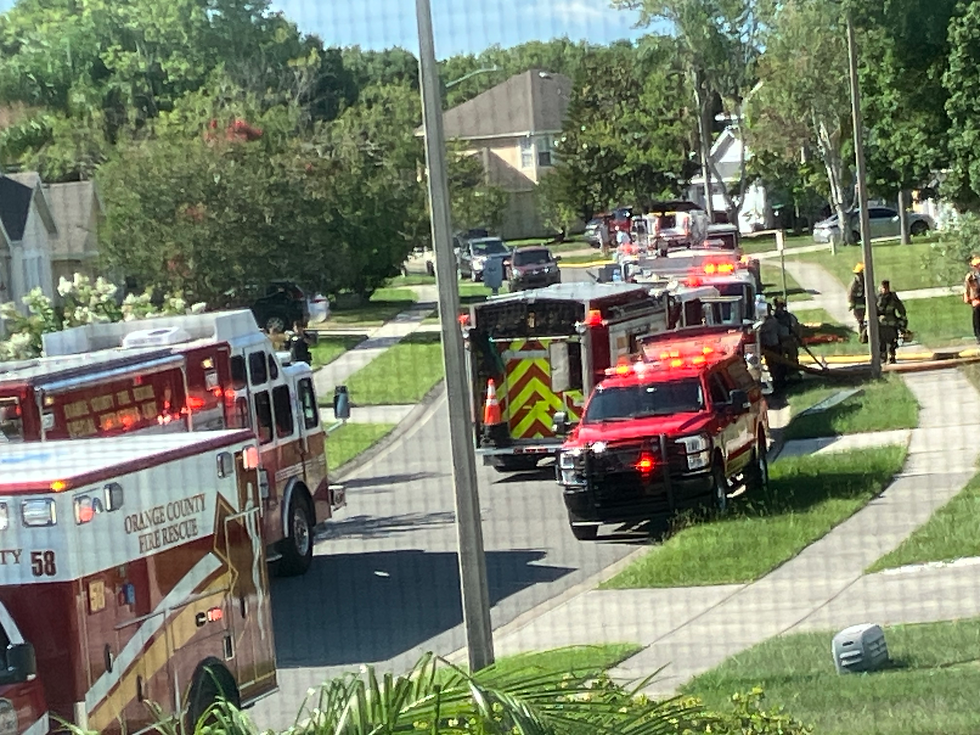Pickleball Rules: A Complete Guide for Southchase 6 Players
- sc6hoa
- Feb 18, 2025
- 3 min read

Introduction
With our new professional-grade C&D Pickleball net now installed on our community court, we thought it would be helpful to provide a comprehensive guide to the rules of pickleball for players of all experience levels.
Court and Equipment
The pickleball court measures 20' x 44' (smaller than a tennis court)
The net height is 36" at the sidelines and 34" in the middle
Players use solid paddles (larger than ping pong paddles but smaller than tennis racquets)
The ball is plastic with perforations (similar to a wiffle ball)
Our new net features locking wheels, weighs almost 200 pounds, and is built with commercial-duty steel
Basic Game Structure
Games are typically played to 11 points (win by 2)
Tournament games may go to 15 or 21 points
Only the serving team can score points
Players call the score before each serve as three numbers: serving team's score, receiving team's score, and server number (1 or 2)
Serving Rules
Serves must be underhand with the paddle below the waist
Server must keep one foot behind the baseline
The ball must be served diagonally to the opponent's service court
The serve cannot land in the non-volley zone (kitchen)
Only one serve attempt is allowed (no second serves like in tennis)
If the serve hits the net but lands in the correct service court, it's a "let" and is retaken
The Double Bounce Rule
After the serve, each side must let the ball bounce once before hitting it
This means: serve → bounce → return → bounce → then play begins
After these initial bounces, players can volley (hit the ball before it bounces)
This rule prevents immediate "slam" returns and keeps rallies going longer
The Non-Volley Zone (Kitchen) Rules
Players cannot volley while standing in the kitchen or touching the kitchen line
Players cannot step into the kitchen after volleying, even from momentum
Players can enter the kitchen to play a ball that has bounced
The kitchen extends 7 feet from each side of the net
Doubles Serving Rotation
The game starts with only the player on the right side (even court) serving
After a fault by the starting server, the serve passes to the opposing team
When the second team gets the serve, the player on the right side serves first
After they lose the serve, it goes back to the first team, but to the second player
Server Positioning
The server switches sides after each point their team scores
If your score is even (0, 2, 4, etc.), you serve from the right/even side
If your score is odd (1, 3, 5, etc.), you serve from the left/odd side
Common Faults
Hitting the ball out of bounds
Hitting the ball into the net
Stepping into the non-volley zone when volleying
Not clearing the net on a serve
Not following the double bounce rule
Touching the net with your paddle or body
Volleying a serve return
Court Reservation
Remember that you can reserve court time through our website at Southchase6.com. The new net is designed to accommodate both pickleball and tennis play, with sturdy construction that can withstand outdoor conditions while still being movable when needed.
Conclusion
Pickleball is a fun, social game that's easy to learn but offers plenty of strategic depth as you improve. We hope this guide helps new players get started and serves as a useful refresher for experienced players. Enjoy our upgraded court facilities!
Thank you for being part of the Southchase 6 community!
I❤️ SC6



Comments